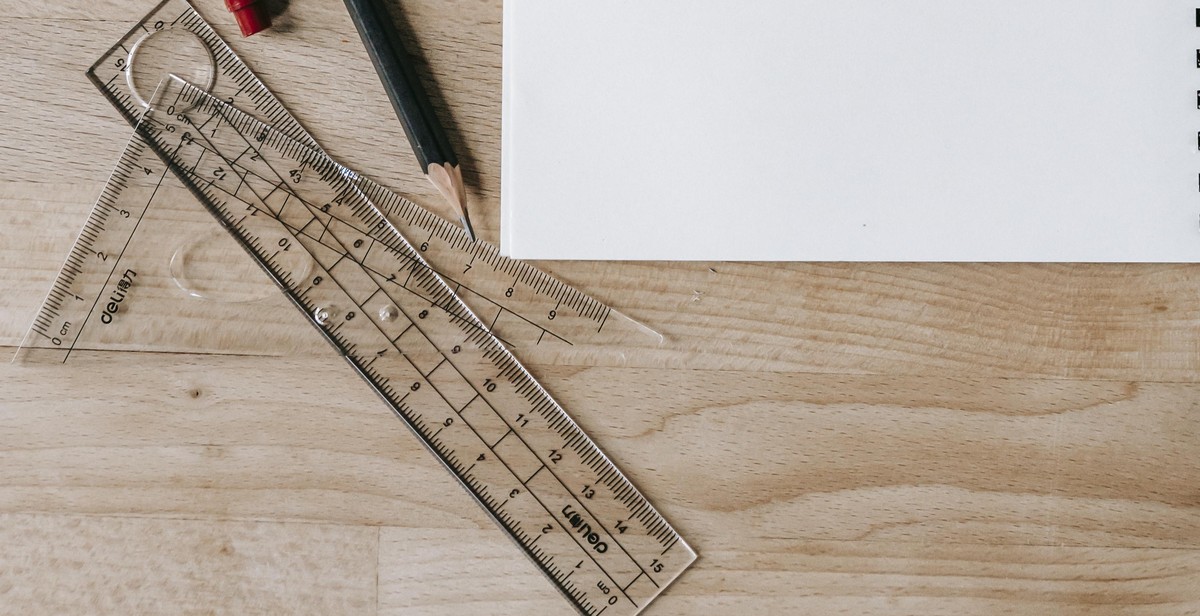Introduction: How to Sing in Tune
Singing is an art that requires not only vocal skills but also pitch accuracy. Being able to sing in tune is essential for any singer, whether you are a beginner or a professional. However, some people struggle with pitch accuracy due to various reasons, such as lack of practice, poor vocal technique, or even hearing difficulties.
The good news is that pitch accuracy can be improved through exercises and training. In this article, we will explore some of the best exercises for developing pitch accuracy, which can help you become a better singer and improve your overall vocal performance.
The Importance of Pitch Accuracy
Pitch accuracy is critical in singing because it determines how well you can hit the right notes and stay on key. A singer who sings out of tune can be distracting to the audience and ruin the overall performance. On the other hand, a singer who sings in tune can captivate the audience and deliver a memorable performance.
Moreover, pitch accuracy is essential in any genre of music, whether it is pop, rock, classical, or jazz. It is a fundamental skill that every singer should master to become successful in their singing career.
The Benefits of Developing Pitch Accuracy
Developing pitch accuracy has numerous benefits, including:
- Improved vocal control and technique
- Increased confidence in singing
- Expanded vocal range
- Enhanced musicality and expression
- Opportunities for collaborations and performances
Now that we understand the importance of pitch accuracy and the benefits of developing it, let’s dive into some exercises that can help you improve your pitch accuracy.
Understanding Pitch Accuracy
Pitch accuracy is the ability to accurately produce and maintain the correct pitch while singing. This means being able to hit the right notes and stay in tune throughout a song or musical piece.
What is Pitch Accuracy?
Pitch accuracy is a crucial aspect of singing that involves being able to control your vocal cords and produce the correct tone and pitch. It requires a combination of good hearing, muscle control, and practice to develop the ability to sing in tune consistently.
When a singer has good pitch accuracy, they can easily hit the right notes and stay in tune with the music they are singing along to. This is important not only for solo performances but also for group singing, harmonizing, and staying in sync with other musicians.
Why is Pitch Accuracy Important in Singing?
Pitch accuracy is important in singing because it directly affects the quality of the performance. A singer with poor pitch accuracy can ruin a song, make it sound off-key, and even cause discomfort to the listener’s ears. On the other hand, a singer with good pitch accuracy can bring out the beauty of the song and create an enjoyable experience for the listener.
Pitch accuracy is also important for singers who want to improve their vocal range and control. By practicing pitch accuracy, singers can develop their ear for music, improve their vocal technique, and increase their ability to hit high and low notes with ease.
Overall, pitch accuracy is a fundamental skill that every singer should strive to master. With practice, patience, and dedication, anyone can develop the ability to sing in tune and create beautiful music.

Exercises to Develop Pitch Accuracy
Developing pitch accuracy is crucial for any singer who wants to improve their singing ability. Here are some exercises that can help you improve your pitch accuracy:
1. Singing Scales
Singing scales is the most basic and effective exercise to develop pitch accuracy. Start by singing a simple major scale, starting from the lowest note you can comfortably sing. Sing each note of the scale up and down, focusing on hitting each note accurately. Repeat this exercise with different scales, including minor scales, melodic and harmonic scales, and chromatic scales.
2. Solfege Exercises
Solfege exercises involve singing the notes of a scale using solfege syllables (do, re, mi, fa, sol, la, ti, do). These exercises help you develop your ability to recognize and sing intervals between notes. Start with simple solfege exercises, such as singing the major scale using solfege syllables.
3. Interval Training
Interval training involves singing two notes at a time and focusing on the distance between them. Start with simple intervals, such as the perfect fifth or the major third, and gradually move on to more complex intervals. You can use a piano or a guitar to help you identify and sing the correct intervals.
4. Pitch-Matching Exercises
Pitch-matching exercises involve listening to a note or a series of notes and then singing them back. These exercises help you develop your ability to recognize and reproduce pitch accurately. You can use a piano or a guitar to play the notes, or you can use a pitch-matching app or software.
5. Ear Training
Ear training involves developing your ability to recognize and identify different musical elements, such as pitch, rhythm, and harmony. Ear training exercises can help you develop your pitch accuracy by training your ear to recognize and reproduce the correct pitch. There are many ear training apps and software available that can help you improve your ear training skills.
By practicing these exercises regularly, you can develop your pitch accuracy and improve your overall singing ability. Remember to start with simple exercises and gradually move on to more complex ones as you improve.

Tips for Improving Pitch Accuracy
Improving pitch accuracy is crucial for any singer who wants to perform professionally or even just for personal enjoyment. Here are some tips to help you develop your pitch accuracy:
1. Practice Regularly
One of the most effective ways to improve your pitch accuracy is to practice regularly. Singing is a skill that requires constant work and dedication. Make sure to set aside time each day to practice your singing, even if it’s just for a few minutes. Consistency is key.
When practicing, focus on your breathing technique and vocal control. Start with simple exercises, such as singing scales or arpeggios, and gradually move on to more difficult songs. Remember to take breaks if you start to feel fatigued or strained.
2. Record Yourself
Recording yourself while singing can be a helpful tool for improving your pitch accuracy. By listening to your recordings, you can identify areas where you need to improve and make necessary adjustments. You can also track your progress over time and see how much you’ve improved.
When recording yourself, make sure to use a high-quality microphone and recording software. Find a quiet space to record, and listen to your recordings with a critical ear. Take note of any pitch issues or other areas where you need improvement.
3. Get Feedback from a Vocal Coach
Working with a vocal coach can be an excellent way to improve your pitch accuracy. A vocal coach can provide you with personalized feedback and guidance, helping you to identify your strengths and weaknesses and develop a plan for improvement.
When choosing a vocal coach, look for someone with experience and credentials in the field. Ask for references or reviews from previous clients. During your sessions, be open to constructive criticism and willing to take direction.
By following these tips and putting in the necessary time and effort, you can improve your pitch accuracy and become a more confident and skilled singer.
Conclusion
Developing pitch accuracy is a crucial aspect of singing that requires consistent practice and dedication. By using the exercises outlined in this article, you can improve your ability to sing in tune and enhance your overall vocal performance.
Key Takeaways
- Consistent practice is essential for developing pitch accuracy.
- Exercises such as humming, lip trills, and vocal slides can help improve pitch accuracy.
- The use of pitch-matching apps and working with a vocal coach can also be helpful.
- Avoiding bad singing habits such as straining or forcing your voice can prevent damage to your vocal cords and improve your ability to sing in tune.
Final Thoughts
Remember that developing pitch accuracy is a gradual process that requires patience and persistence. Don’t get discouraged if you don’t see immediate results, but rather focus on consistent practice and improvement over time. By incorporating these exercises into your regular vocal routine and adopting healthy singing habits, you can become a more confident and accurate singer.
| Related Articles | References |
|
